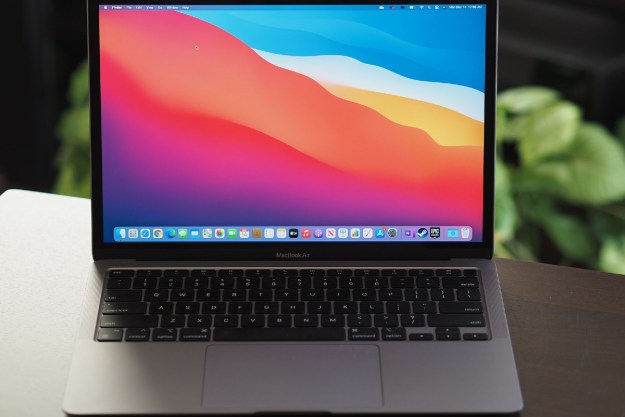
After being labeled the “king of malware” back in July 2010, Google cut the amount of malicious software attacks on its search engine in half by year-end, reports Bloomberg. From June to the end of December, Google dropped from being targeted 69 percent of the time to just 38 percent.
Where are the hackers going? Bing and Yahoo. Yahoo malware attacks rose from 18 to 30 percent in the period and Bing rose from 12 percent in June to 24 percent in December. Worse, social network Twitter joined the group with an eight-fold increase in hacking attacks during the period, ending with 8 percent in December.
Until recently, simply avoiding bad Web sites and email attachments would largely keep one safe on the Web, but there has been a large increase in hackers targeting actual search result pages, displaying links to malicious software next to legitimate search results. A study by Web security firm Barracuda showed a vast increase in attacks like these. In December, the company found 226 pieces of bad software a day, compared with a daily average of 146 malicious links last June.
Google has been working on the problem. “We have done a lot of work to detect these quickly and to warn users,” Niels Provos, principal software engineer in Google’s infrastructure security group, said, noting that while it took Google about 10 hours to remove bugs last year, it now takes roughly an hour. Google has been trying to clean up its search and security reputation lately. It has even offered cash incentives to those who find and report exploits in its products.
Have you encountered nasty search results lately? Let us know.


